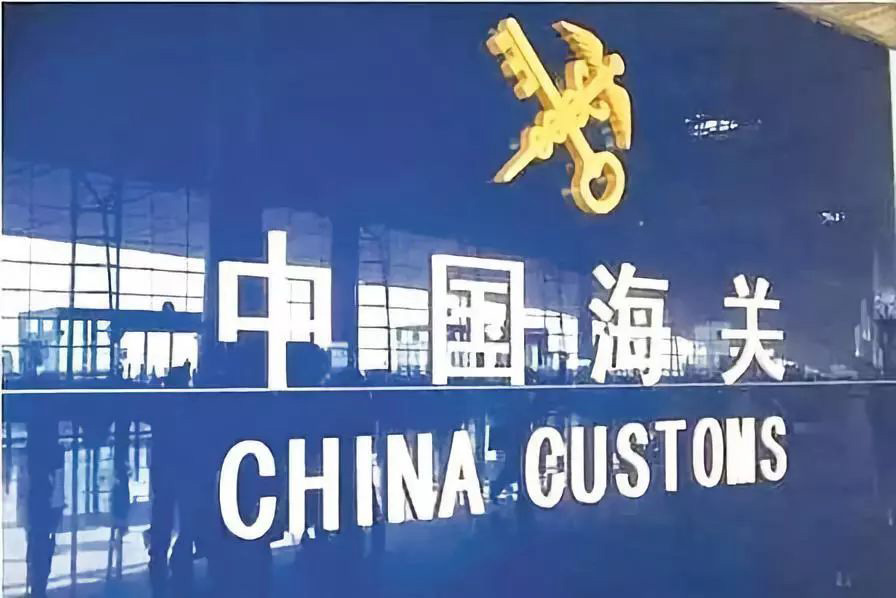interpretation. Taking the lead in conducting negotiations with foreign countries based on the multilateral and bilateral rules of origin, drawing up the rules of origin for import and export commodities, and being responsible for the organization and implementation of work such as visa management according to law. Enforcing anti-dumping and anti-subsidy measures, supporting such measures and other tax measures according to law.
(5) Being responsible for the entry-exit health quarantine, and the inspection and quarantine for entry-exit of animals and plants and their products. Collecting and analyzing overseas epidemic information, organizing and implementing port disposal measures, and undertaking work related to emergencies such as public health emergencies in ports.
(6) Being responsible for the legal inspection of imported and exported commodities. Supervising and administering the identification, verification, and quality safety of imported and exported commodities. Being responsible for the inspection, quarantine, supervision, and administration of import food and cosmetics, and carrying out work related to export food on the basis of multilateral and bilateral agreements.
(7) Being responsible for customs risk management. Organizing customs trade investigation, market investigation, and risk monitoring; establishing a risk assessment index system, a risk monitoring early warning and tracking system; and a prevention and control mechanism for risk management. Carrying out customs credit management and being responsible for customs inspection.
(8) Being responsible for customs statistics such as the trade in imported and exported State goods. Releasing customs statistical information and statistical data, organizing and implementing dynamic monitoring and evaluation, and establishing a public information service platform that is to serve import and export enterprises.
(9) Being responsible for the nationwide crackdown on smuggling and comprehensive treatment thereof. Investigating and treating smuggling and illegal cases according to law, being responsible for the reconnaissance, detention, arrest, and preliminary hearing of smuggling cases under its jurisdiction; organizing and carrying out customs anti-smuggling work.
(10) Being responsible for formulating and organizing implementation of the scientific and technological development plans, and the laboratory construction and technical support plans for customs. Organizing relevant scientific research and technology imports.
(11) Being responsible for the international cooperation and exchanges in the field of customs. Joining relevant international organizations on behalf of the State; executing and implementing relevant international cooperation treaties, agreements, and memorandums of agreement.
(12) Vertically administering China customs.
(13) Accomplishing other tasks assigned by the Central Committee of the Communist Party of China and the State Council.
(14) Transformation of functions.


 Industry news
Industry news
 Case
Case